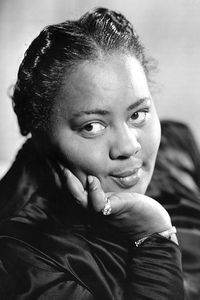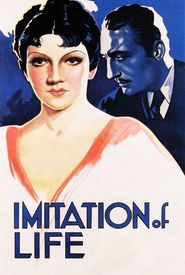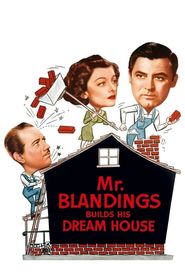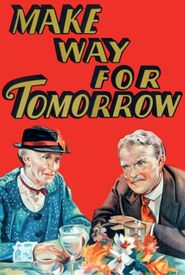Louise Beavers was one of the numerous African-American character actresses who dominated the film industry during the 1930s and 1940s, forced to endure demeaning stereotypes and limited roles.
Born on March 8, 1902, in Cincinnati, Ohio, Louise moved to the Los Angeles area at the age of 11. She began her career as a choir member at her local church and even joined an all-female minstrel company called "Lady Minstrels."
Louise's first break in the film industry came when she started performing as an extra or walk-on in between her chores. A talent agent spotted her and gave her a more noticeable role in "Uncle Tom's Cabin" (1927).
She went on to gain visibility, but was often stuck in the background, cooking or cleaning after the leads. Despite this, her beaming smile and good nature paid off, and she received the role of her career.
Her poignant story line and final death scene in "Imitation of Life" (1934) deserved an Oscar nomination, but she was snubbed. Five years later, her close friend Hattie McDaniel would become the first black actor to earn an Oscar nomination and capture the coveted trophy.
Despite their individual triumphs, both ladies continued to play stereotyped roles. Louise was occasionally rewarded with Hollywood "A" treats, such as "Made for Each Other" (1939) and "Holiday Inn" (1942).
In the 1950s, film offers dried up, but Louise managed to transfer her talents to the new TV medium, starring in the sitcom "Beulah" (1950) and having a recurring role in Disney's "The Swamp Fox".
In 1957, she made her professional stage debut in San Francisco with the short-lived play "Praise House" as a caregiver who extols the Bible through song.
Louise was a long-time bachelor lady who finally married in the 1950s. She was plagued by health issues in later years, including obesity and diabetes, and lost her fight on October 26, 1962, at the age of 60 following a heart attack.
In 1976, she was posthumously inducted into the Black Filmmakers Hall of Fame.






























































































































